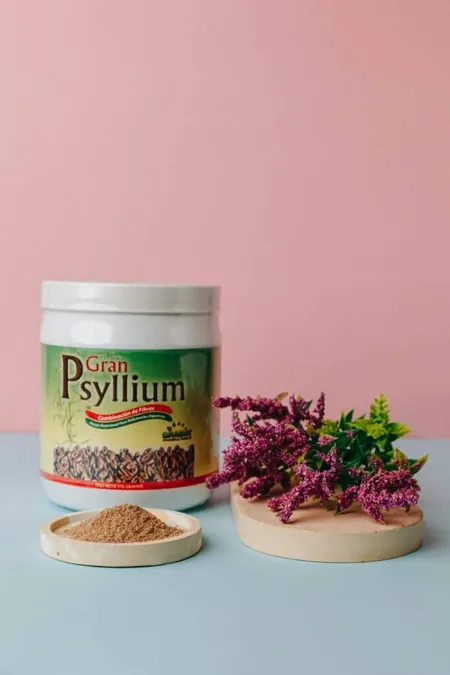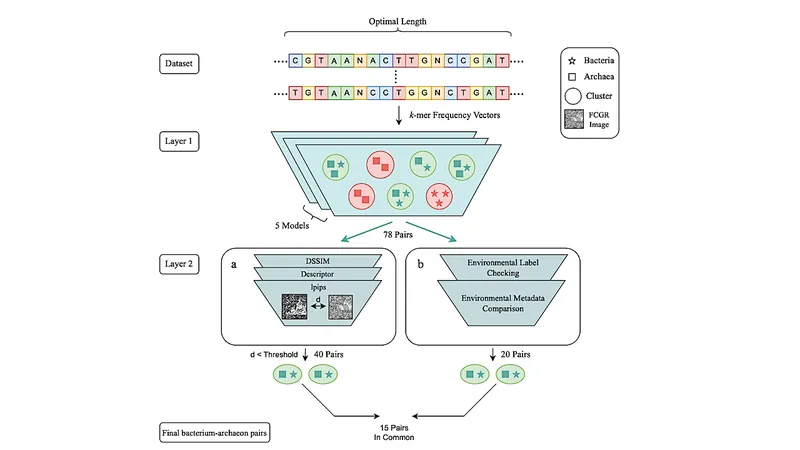
Warning: Psyllium Fiber Supplements Linked to Salmonella and Heavy Metals
2025-06-14
Author: Rajesh
If you think that psyllium fiber supplements are the key to better digestive health, think again! Recent alarming reports reveal serious contamination issues that could jeopardize your safety.
A Dangerous Outbreak Unfolds
In 2021, Denmark was rocked by a Salmonella outbreak tied to popular psyllium supplements, resulting in 33 reported illnesses, 19 hospitalizations, and three tragic deaths. The offending product, identified as Husk brand capsules, contained the outbreak strain when tested—found lurking in the homes of affected individuals. Even more concerning, the victims ranged from just 2 to 92 years old, including vulnerable immunocompromised individuals relying on psyllium for digestive support. This alarming incident is the first recorded case of an herbal supplement causing a Salmonella outbreak in the country, leading to extensive international recalls across Scandinavia.
Heavy Metal Horror: Lead Found in Supplements
But the dangers don't stop with pathogens! Independent tests of various psyllium products revealed lead contamination across the board, with four out of nine samples exceeding safety limits. One shocking product contained a staggering 38.7 micrograms of lead per daily serving—over 60 times higher than California's Proposition 65 warning threshold. Lead is notorious for its harmful build-up in the body, posing long-term damage to both neurological and cardiovascular health. Manufacturers excuse this presence, claiming it’s due to environmental pollution during the cultivation process.
Why Is Psyllium So Prone to Contamination?
Several factors contribute to the heightened risk: 1. **Agricultural Issues**: Psyllium plants are known to absorb harmful heavy metals from contaminated soil, and exposure to animal waste or polluted water can introduce Salmonella.
2. **Processing Loopholes**: Unlike pharmaceuticals, psyllium husk supplementation processes lack proper sterilization during manufacturing, allowing pathogens to thrive in the supplement powder.
3. **Vulnerable Consumers**: Many users are elderly or immunocompromised, who could face severe consequences from infections.
What’s Being Done?
Regulators are taking action to ensure consumer safety. Authorities are now mandating stricter screening protocols: manufacturers are required to test raw materials for both pathogens and heavy metals, with mandatory recalls at the first sign of trouble.
Consumers are advised to take precautions, including discarding any recalled products, checking for third-party safety certifications (such as NSF or USP), and storing supplements in cool, dry places to inhibit microbial growth.
While psyllium is celebrated for its health benefits, these incidents serve as a stark reminder that a ‘natural’ label does not ensure safety. Quality control is paramount to protect vulnerable populations from hidden dangers.


 Brasil (PT)
Brasil (PT)
 Canada (EN)
Canada (EN)
 Chile (ES)
Chile (ES)
 Česko (CS)
Česko (CS)
 대한민국 (KO)
대한민국 (KO)
 España (ES)
España (ES)
 France (FR)
France (FR)
 Hong Kong (EN)
Hong Kong (EN)
 Italia (IT)
Italia (IT)
 日本 (JA)
日本 (JA)
 Magyarország (HU)
Magyarország (HU)
 Norge (NO)
Norge (NO)
 Polska (PL)
Polska (PL)
 Schweiz (DE)
Schweiz (DE)
 Singapore (EN)
Singapore (EN)
 Sverige (SV)
Sverige (SV)
 Suomi (FI)
Suomi (FI)
 Türkiye (TR)
Türkiye (TR)
 الإمارات العربية المتحدة (AR)
الإمارات العربية المتحدة (AR)